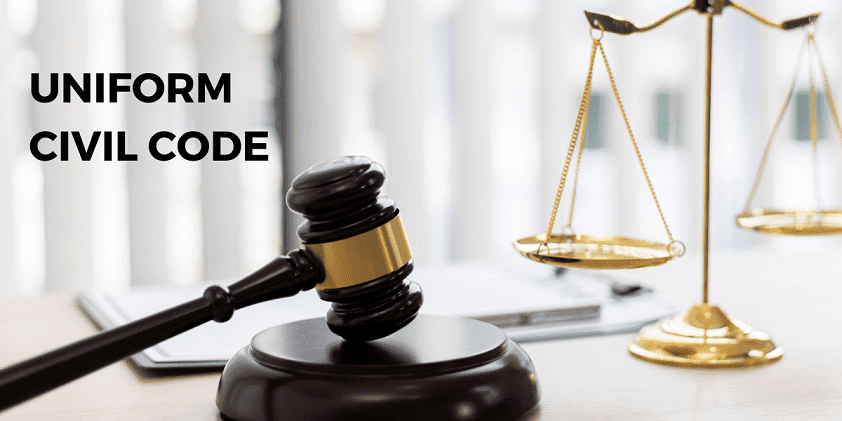Law Commission Of India UCC voting
The Uniform Civil Code (UCC) has been a topic of fervent debate in India for decades. Proponents advocate for a national law governing personal matters like marriage, inheritance, and adoption, applicable to all citizens regardless of religion. Opponents raise concerns about religious freedom and the potential erosion of cultural diversity.
In August 2021, the Law Commission of India (LCI) submitted its report on the UCC to the government. The report, though not legally binding, sparked renewed discussions and highlighted the complexities surrounding the UCC vote.
This blog post dives into the intricacies of the UCC debate, analyzes the Law Commission’s recommendations, and explores the potential implications of a UCC vote.
Understanding the Uniform Civil Code:
The UCC aims to establish a common set of laws governing personal matters across India. Currently, different religious communities have their own personal laws.
Arguments for the UCC:
- Equality: Proponents argue that the UCC promotes equality before the law, ensuring that all citizens have the same rights and obligations regarding personal matters.
- National Integration: A UCC could foster national unity by removing religious divisions in personal law matters.
- Gender Justice: The UCC could be an opportunity to address gender inequalities prevalent in some religious personal laws.
Arguments Against the UCC:
- Religious Freedom: Opponents argue that the UCC infringes upon religious freedom and the right to practice one’s faith.
- Cultural Diversity: They express concern that the UCC could homogenize diverse cultural practices and traditions.
- Practical Challenges: Implementing a UCC nationwide could be a complex process, requiring careful consideration of regional variations and sensitivities.
The Law Commission of India’s Report: A Glimpse into the Debate
The LCI report, while not advocating for a specific model UCC, proposed a framework for a national code. It emphasized:
- Constitutional Principles: The UCC should be based on the fundamental rights enshrined in the Indian Constitution, particularly equality and non-discrimination.
- Secularism: The UCC should respect the secular character of the Indian state and not favor any particular religion.
- Progressive Provisions: The UCC should incorporate progressive principles to ensure gender justice and address social inequalities.
The report also acknowledged the need for consultations with religious communities and stakeholders before implementing a UCC.
The Road Ahead: Implications of a UCC Vote
A UCC vote by the Indian Parliament would be a significant step. Here are some potential consequences:
- Legal Reforms: The implementation of a UCC would necessitate changes to existing personal laws, potentially leading to legal challenges and debates.
- Societal Impact: The UCC could have a profound impact on social dynamics, potentially altering family structures, inheritance practices, and interfaith marriages.
- Religious Tensions: The implementation process could trigger tensions between religious communities if not handled sensitively and inclusively law commission of india ucc voting.
Beyond the Vote: The Path to a More Equitable Future
The UCC debate is not just about a single vote. It’s about fostering a national conversation on equality, religious freedom, and social justice. Here are some crucial considerations for the future:
- Open Dialogue: A robust and inclusive dialogue involving all stakeholders, including religious leaders, legal experts, and civil society organizations, is essential.
- Respect for Diversity: Finding a balance between national unity and respect for diverse religious practices and cultural traditions is key.
- Focus on Gender Justice: Ensuring that the UCC promotes gender equality and addresses existing inequalities within personal laws remains a priority.
The UCC debate presents an opportunity to create a more equitable and just legal framework for personal matters in India. By prioritizing dialogue, respecting diversity, and upholding fundamental rights, India can navigate this complex issue and create a future where all citizens are treated equally.
Disclaimer: This blog post is intended for informational purposes only and does not constitute legal advice. Please consult with a qualified legal professional for specific legal guidance.
